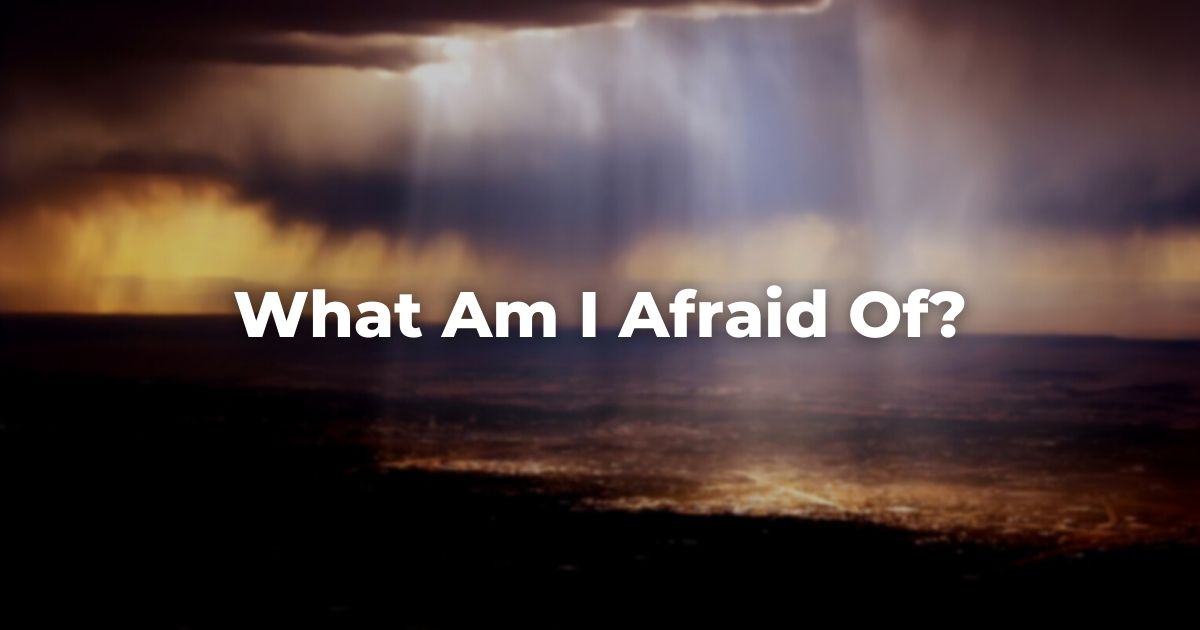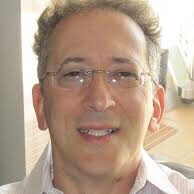Psalm 27 and the Use of the Month of Elul
One of the ways that our tradition invites us to prepare for the High Holy Days is to recite and reflect upon Psalm 27 twice a day for the High Holy Day season, which leads into Rosh HaShanah.
In the first three verses, the psalmist affirms three times that they are not afraid, because G!d is with them. Methinks the psalmist doth protest too much. I sense that the psalmist is trying to convince the psalmist, and by covering up the actual feelings the psalmist harbors, the psalmist must be suffering deeply.
Such a cover often belies tremendous self-doubt and, not infrequently, self-loathing.
Beyond the Inner Voices and Being Afraid
My close friend and colleague Rabbi Rafael Goldstein, of blessed memory, has helped many of us to rethink this psalm.
He taught that when the psalmist speaks of “mean-spirited people,” we should understand not actual persons, but the psalmist’s own internal voices. When the psalmist declares that “mean-spirited people draw near to slander me,” we might then hear the psalmist crying out, “my inner voices overcome me.”
(More from Rabbi Goldstein, including this rethinking can be found in Psalms in the Key of Healing: A Text Study for Clergy, Chaplains and People Living with Illness.)
And those inner voices do slander: The slander is how we quietly abuse ourselves with our thoughts. We see ourselves as too ugly, too short or too tall, too stupid, too incompetent, too ungenerous, too… Our inner voices slander us when they say we can’t, won’t or don’t think so.
The psalmist speaks of being under siege by our enemies. Many of us know what it is like to be under siege by our internal enemies: Addiction to alcohol, cigarettes, drugs, food, sex, and power, among other things, can feel as if we are completely under attack.
We surround ourselves with the very things that make us crazy and give us no rest.
No Fear and Going Beyond the Inner Voices
It is in the midst of these overwhelming powers that the psalmist asserts a policy of no fear, because the psalmist could rely upon God.
The first two of the 12 Steps affirm something similar:
- We admitted we were powerless over alcohol (drugs, gambling, et al) and that our lives had become unmanageable.
- We came to believe that a Power greater than ourselves could restore us to sanity.
How does this work?
In the key verse (Psalm 27:4), the psalmist offers a three-pronged approach, powered by three verbs:
- To dwell in God’s house always
- To gaze on the beauty of God
- To pay attention in God’s sanctuary
“To dwell in G!d’s house” —
(Psalm 27:4)
Does this mean externally, to dwell with an external connection to that which is beyond us? Or does this mean internally, a sense of God as an internal spark and connectedness? Or is it both?
To dwell in G!d’s house, then, might connote living within our own skins and to see how we are reflections of God’s Image.
As we approach the New Year, where are you dwelling? How can you get yourself to dwell “in G!d’s house,” with a sense that your life has cosmic significance, that you matter, that G!d’s love envelops you?
“To gaze on the beauty of G!d” —
(Psalm 27:4)
How do we gaze on G!d’s beauty? Since we are made in G!d’s image, we might start by seeing how G!d’s beauty is reflected within ourselves and within the people around us–both ourselves and all of them, all the time.
This prong also suggests that we should focus upon the positive. As we approach the New Year, what do you often dwell on? How can you get yourself to locate the positive around you, within you, in life? How might you see its cosmic beauty? Can you keep your gaze focused on the positive in yourself and in others?
“To pay attention in G!d’s sanctuary” —
(Psalm 27:4)
“To pay attention” suggests that one observes something well and exhibits concern for it.”
But our bodies, our homes, our kehillah (family-community), could—and should—all be a mikdash m’at, a miniature version of G!d’s glorious sanctuary.
But we have to pay attention and remain properly concerned, to ensure that our “internal enemies” don’t start or continue maligning us, to remain positive, to see our potential and life’s potential as interlinked, to make 5784 truly a shanah tovah, a year of sweetness, a year of goodness, a year of self-love, a year of positivity, a year that is spiritually directed, a year of vitality.
Kein y’hi ratzon. So may it be.
Psalm 27 (page 40 in Siddur Sim Shalom) is traditionally recited during Shacharit throughout the month of Elul and the rest of the season. It serves as spiritual preparation for the High Holy Days.
Author
-

Rabbi Dr. J.B. Sacks (he/him) is the spiritual leader of Congregation Beth Shalom (Palm Desert, California). The first openly LGBTQ+ rabbi in the Conservative Movement, Rabbi Sacks is an advocate for inclusion in Jewish life and social justice. His most recent publication is Psalms in the Key of Healing. Rabbi Sacks is the eighteenth generation of rabbis on his mother’s side and lives with his husband Steven Karash in Palm Desert, California. They have an adult son, Evan.
View all posts






